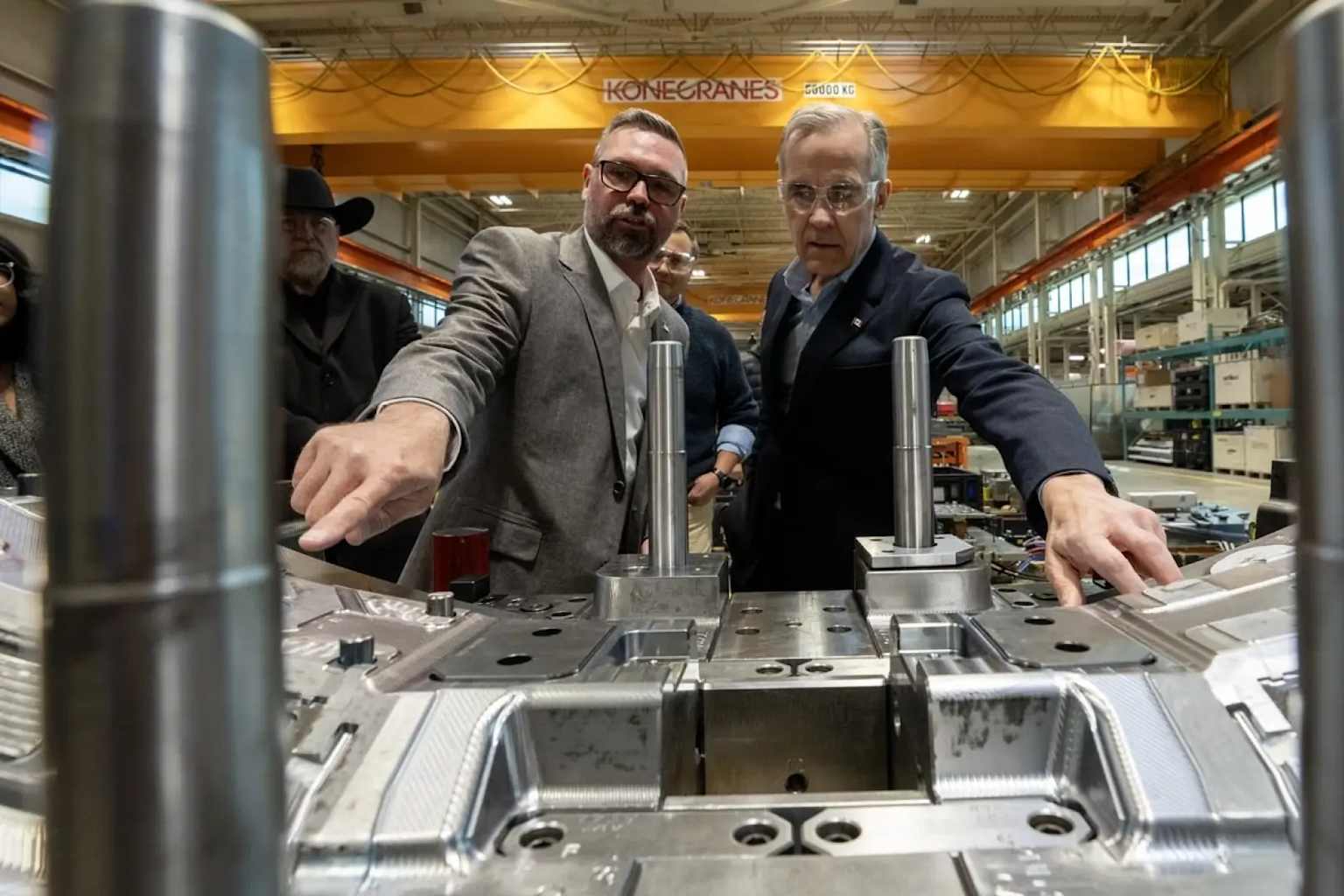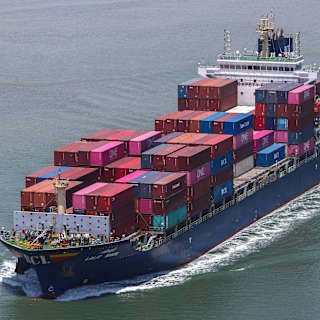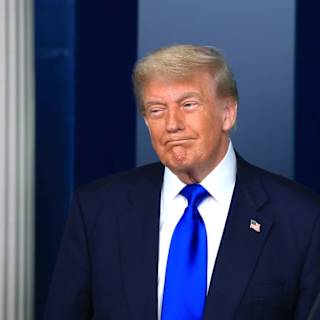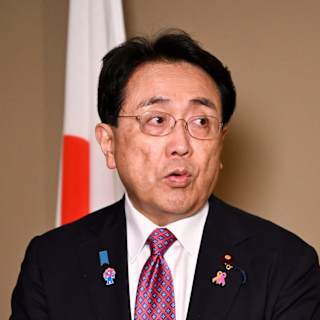- Auto Leaders Press for Protection
- Trade Talks Resume After Digital Tax Standoff
- Industry Braces for Escalation
Prime Minister Mark Carney huddled with Canada's top automotive executives Wednesday morning as the clock ticks toward a July 21 deadline for resolving the trade dispute that has put 25% U.S. tariffs on Canadian-made vehicles. The closed-door meeting came as both countries race to forge a new trade agreement before Carney's threatened escalation of Canadian counter-tariffs takes effect.
The gathering underscores the high stakes facing an industry that has become a key battleground in the broader Canada-U.S. trade war, with President Donald Trump repeatedly declaring that America "does not need Canadian cars" and demanding automakers relocate production south of the border.

Carney met with leadership from the Canadian Vehicle Manufacturers' Association and member CEOs, including executives from Ford Canada, Stellantis Canada and GM Canada, according to a Prime Minister's Office spokeswoman1. The group discussed "ongoing negotiations with the United States, and the work to pursue a deal by July 21, 2025," according to an official readout2.
The Prime Minister emphasized federal measures designed to protect Canadian auto workers and businesses from what Ottawa calls "unjust tariffs," while reaffirming that counter-tariff adjustments scheduled for July 21 depend on negotiation progress2. Industry leaders pushed for strategies to build domestic supply chains and diversify trading relationships beyond the U.S. market2.
The automotive discussions follow the recent resumption of Canada-U.S. trade negotiations after Trump halted talks over Canada's plan to impose a digital services tax on multinational technology firms12. The Carney government abandoned that tax plan Sunday evening, clearing the path for renewed dialogue1.
Current U.S. tariffs target vehicles manufactured in Canada while carving out components built in the United States, reflecting the integrated nature of the North American automotive supply chain13. Trump has maintained that automotive companies should move all production to American soil13.
The automotive sector represents a critical front in the trade conflict, with Carney warning he will enhance Canadian trade countermeasures if no agreement emerges by the July 21 deadline1. The meeting addressed opportunities to make Canada's automotive industry "more sustainable and competitive in the face of shifting trade relationships, market conditions, and supply chains," according to the official summary2.
The talks occur as some automakers express cautious optimism about tariff relief. BMW indicated in May that it expects some U.S. automotive tariffs to decline starting in July, citing discussions with American policymakers3.
Carney has positioned the July 21 deadline as firm, with the government's focus remaining on "securing the best deal for Canadian workers and industries," according to the Prime Minister's Office2.



